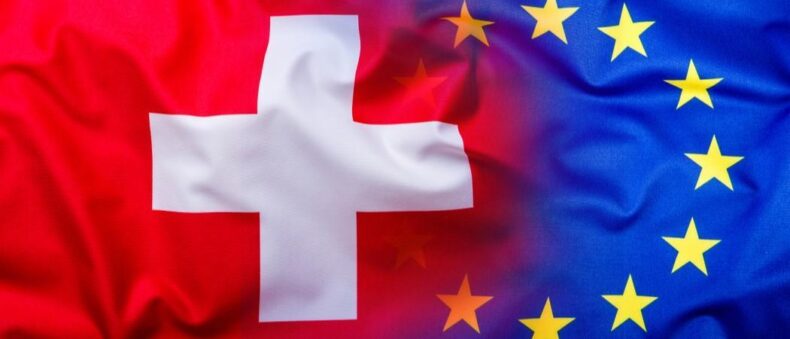As part of the EU cohesion agreement, Switzerland will now provide funds equal to $1.13 billion to eight countries. The eight countries are Bulgaria, Croatia, Cyprus, Estonia, Hungary, Malta, and Poland. According to the Swiss government, the funds will help to pay for projects until 2029. The projects will include health, research, enlistment programs for minority groups, climate and environmental protection, urban planning, security, etc. However, the funds will go directly to the individual projects rather than going into the pockets of the EU or the coffers of partner countries.
In the next 10 years, landlocked country also plans to provide funding in areas such as migration which will increase the total funding amount to over CHF1.3 billion. In 2019, Switzerland had to withhold its funding to other nations due to a standoff with Belgium but last year in October it was decided to unfreeze the funding payments. The move in October was to thaw the unfriendly ties with Belgium as it is their biggest trading partner.

The cohesion payment was initiated to support minorities and reduce the economic and social differences within selected EU countries. The program will also help in smoother migration management. The cohesion payment program is also seen as a gateway for EU members like Switzerland and Norway to participate in European single markets.
Switzerland energy crisis
On Wednesday the Switzerland government announced that it wishes to establish stronger relations with the European Union, especially with its neighboring EU countries. The government wants to accomplish its goal of solidarity by making agreements on energy security. Energy security in the sense to provide emergency gas supplies.
Another goal for the Swiss is to expand their free trade agreement with the EU.
The sudden need for energy security in landlocked country arises because the small nation is at high risk of power shortages in the upcoming winter. The head of the Swiss Electricity commission has also warned the citizens to stock up on firewood and candles in case of lengthy power cut-offs in winter.
Switzerland produces more energy than it consumes but in winter the situation gets a little rough, the landlocked country is dependent on its neighboring nations for gas trading. The rapid trend of rising energy prices in Switzerland is putting pressure on the government to resolve the shortage of gas supplies. Almost 15% of Switzerland’s energy generation depends on the gas. 42% of Switzerland’s household energy supplies depend on gas as well.

The EU cohesion will also greatly benefit Switzerland as the funding of 107 million euros going towards the Interreg Alpine program will focus on environmental conservation in the Alpine region and will also put a strong focus on investments for greener energy, sustainable agriculture, reforestation, etc.
Switzerland vanishing waters

Switzerland is also a victim of the current ongoing water crisis in Europe. More than half of the country’s glaciers have water volumes reduced to halves. The loss is related to the climate crisis and global warming, experts say the loss happened rapidly in the last hundred years and the hot summer of this year has accelerated the process even more.
Glaciers of Europe had supplied fresh water in the area for years and the devastating loss due to climate change is going to impact not only Switzerland but also the rest of the neighboring countries.
Switzerland must work in cooperation with other European nations to take measures to secure the lives of millions of people who depend upon the depleting natural resources. The EU cohesion program to fund projects for sustainable development is a great first initiative for this.
Switzerland and Europe’s increasing concerns
The problem of climate crisis seems to have increased drastically for the European countries. The heat waves of summer followed by the drought situations would shrivel up the pockets of government bodies. They must develop policies to tackle the issue which will affect millions of lives in Europe. The European people have proved to be very proactive about climate change matters, with several protests to decrease Germany’s carbon emissions have taken place on public streets and the UK election campaigns seeming to be centered around the energy crisis.













